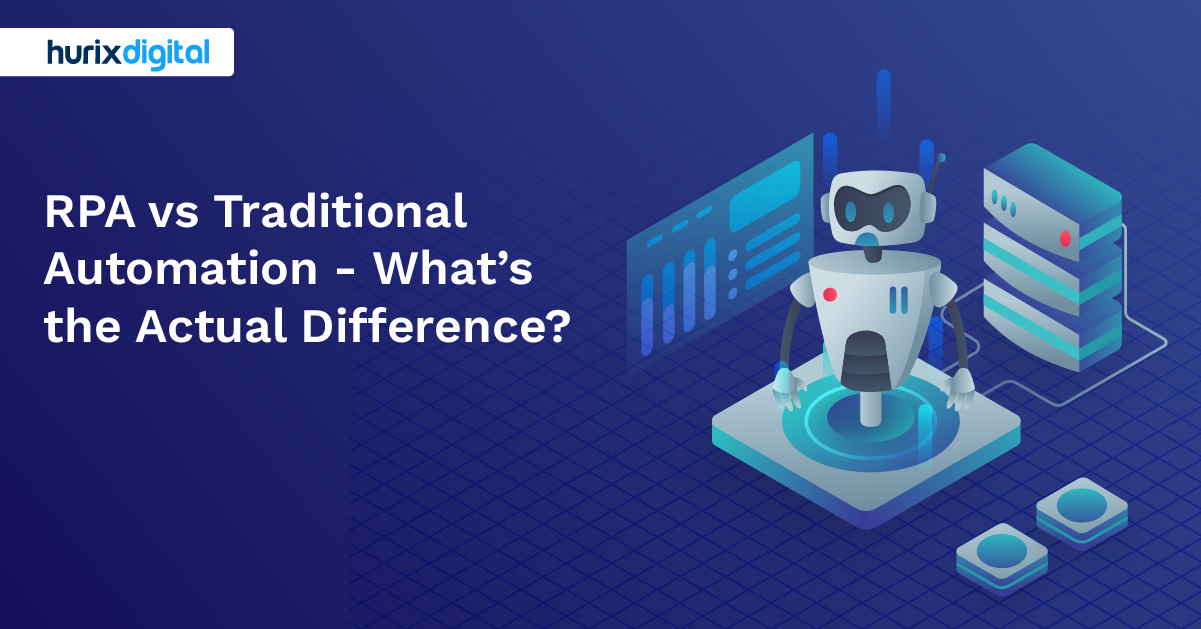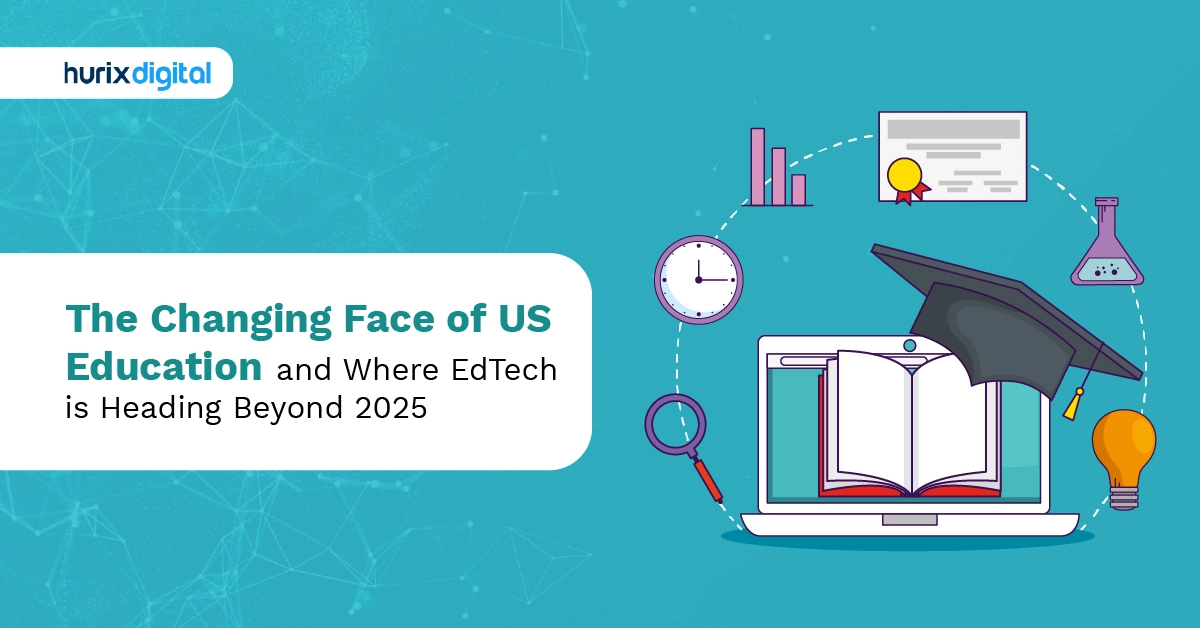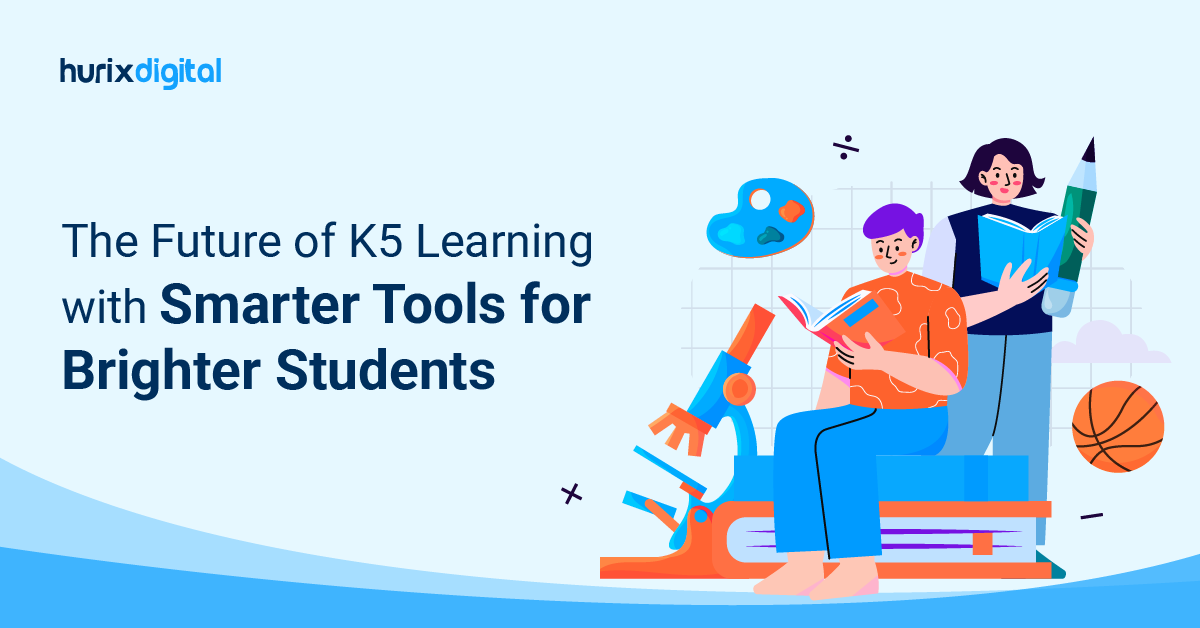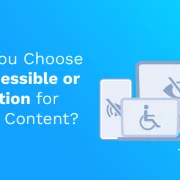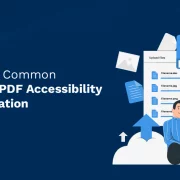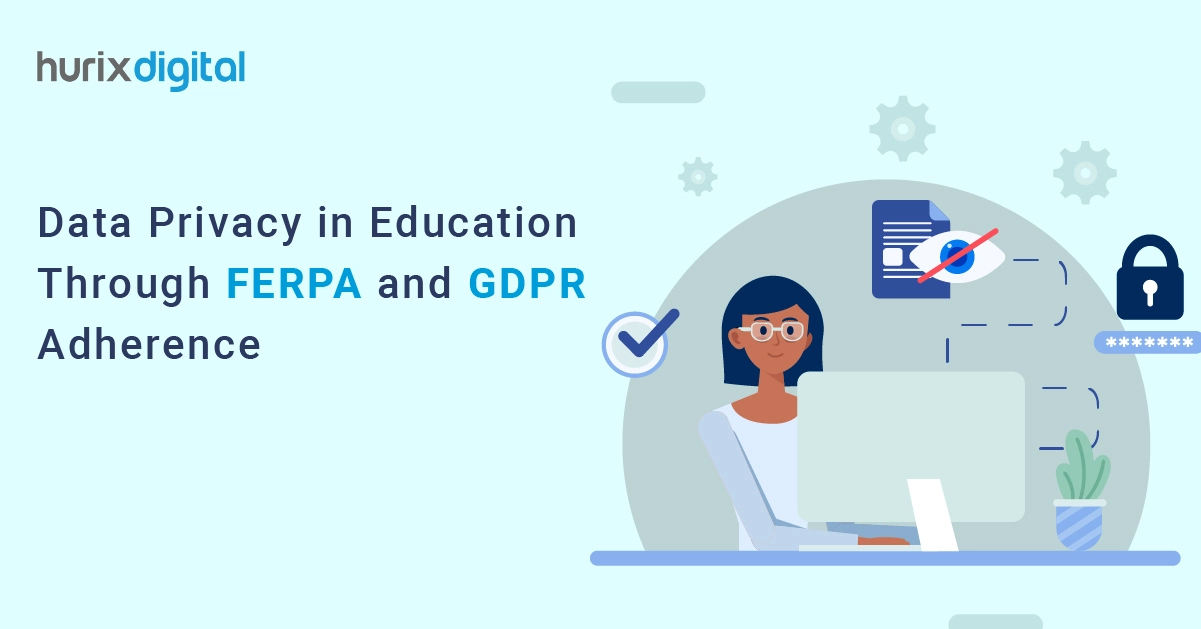
Data Privacy in Education Through FERPA and GDPR Adherence
Summary
This article overviews EdTech data privacy, AI compliance challenges, and best practices for protecting student information, emphasizing FERPA, GDPR, audits, and privacy policies.
When understanding the impact of artificial intelligence in education, Forbes found that more than half of the surveyed teachers responded that they saw positive outcomes in the teaching and learning process. In fact, 43% of teachers have used adaptive learning platforms, and 51% have tried AI-powered educational games.
Considering the increasing use and popularity of AI in education, educational content security, along with AI and student data protection, has become a widespread concern. This has led to the adoption of privacy regulations in EdTech to protect the well-being of students while empowering teachers to harness the potential of AI.
In this article, we will help you understand how you can ensure data privacy in education even while using AI-supported content.
Table of Contents:
- Important Privacy Regulations in EdTech
- Need for Data Protection in EdTech
- Compliance Challenges in AI Education
- EdTech Privacy Best Practices
- Conclusion
Important Privacy Regulations in EdTech
To ensure the students’ data and educational content security, two of the most important privacy regulations in EdTech that you must stay compliant with are:
1. FERPA Compliance
Family Educational Rights and Privacy Act (FERPA) is one of the privacy regulations in EdTech that will help you maximize the benefits of AI while also protecting the privacy of students’ records.
FERPA compliance guidelines instruct educational institutions on how they can collect, use, and disclose the personally identifiable information (PII) of students to third-party EdTech vendors. It strictly controls data access, sharing, and storage to prevent misuse and unauthorized disclosure.
FERPA is one of the most important data privacy laws in the EdTech industry. It ensures that the use of AI in education, including generative and predictive outputs, does not violate the privacy of student information, including grades, transcripts, and disciplinary records.
Here are some of the AI and FERPA guidelines that you must follow:
- Privacy of Student Records
- Right to Access and Amendment
- Directory Information
- Disclosure Limitations
In fact, as the CIO or CTO of an AI-using EdTech company, you will need to ensure that the educational institution has obtained the necessary consent to share the student’s information. You will also need to make sure that you have set up the required processes to comply with the FERPA’s restrictions.
2. GDPR Compliance
General Data Protection Regulation (GDPR) helps you with AI and student data protection. If you are using the data of any EU citizen, then this is one of those privacy regulations in EdTech that you must comply with. To ensure this, you should give GDPR training to your employees.
As per GDPR compliance, you must obtain individuals’ consent before collecting their personal data. You must also ensure that you have the necessary security measures in place to protect the data collected.
Here are the GDPR and AI integration rules that you must follow:
- Individuals have the right to access their data and take it back to reuse it for a different purpose or service.
- The AI systems should explain their decision-making methods to the individuals to give them a better understanding.
- If the individuals want, the AI systems should be able to erase their data.
Additionally, as the CTO and CIO of your EdTech company, you must ensure that only the minimum amount of data required is collected for any specific purpose. Further, this data should not be repurposed for a different aim without obtaining other consent.
While deriving insights from large datasets, AI systems must use anonymization and pseudonymization practices to prevent identification and substitute private identifiers with fake identifiers.
Also Read: Partnering with Accessibility Companies – Enhancing Your EdTech Content Strategy
Need for Data Protection in EdTech
Data protection in EdTech is crucial because:
- Students’ educational data contains their grades, reports, and attendance along with sensitive information like their addresses and contact details. Failure to protect this data and unauthorized access can lead to harassment, identity theft, or other harmful activities.
- If you are unable to ensure data security, your organization’s reputation will be affected, stopping students and institutions from choosing your innovative EdTech learning experiences. Without the promise of a secure and trustworthy learning environment, you will lose customers.
- Adhering to FERPA and GDPR guidelines will ensure data privacy in education, demonstrate your commitment to ethical data handling practices, and keep your organization on the right side of the law.
- Protecting data privacy in education is essential for keeping insights accurate. This means that any findings about how AI-supported content impacts learning, student performance, and teaching effectiveness stay trustworthy and reliable.
- You will be able to safeguard the data against cyberattacks, data breaches, hacking, and unauthorized access, which will help your organization gain a competitive edge.
Compliance Challenges in AI Education
The key compliance challenges in AI education that you can face are:
- EdTech companies collect a lot of data, such as student records, behavioral patterns, and assessment records. However, each of these diverse data types has its own privacy rules. This makes it challenging to utilize this data to enhance students’ learning experiences while staying compliant with the relevant privacy regulations in EdTech.
- Another major challenge is the constant evolution of technology. While EdTech solutions evolve with technological advancements, so do the methods malicious people use to exploit vulnerabilities and gain access to data. This means that you will have to stay compliant with the existing regulations and anticipate and address emerging threats to data privacy in education.
EdTech Privacy Best Practices
The three EdTech privacy best practices that you must follow along with hiring a compliance consultant are:
1. Develop a Thorough Privacy Policy
When drafting your privacy policy, state what data you will be collecting and the methods you will use explicitly. For instance, detail whether the information will be shared with third parties or used to enhance your services.
Furthermore, discuss the security measures you have implemented to protect the data. Mention how you use tools like firewalls, encryption, and access controls to safeguard information.
Let users know how and when you will update the privacy policy and explain how you will keep them informed about any changes, ensuring transparency and trust.
2. Enforce the Privacy Policy
To ensure data privacy in education, you must enforce it in each of your business operations.
Ensure your team is well-trained on your privacy policies, highlighting why safeguarding students’ data is crucial for maintaining trust and compliance. Additionally, if you are using third-party vendors for any operation, vet them thoroughly to ensure that they have strong data privacy policies that they follow.
Lastly, prepare a robust contingency plan for potential data breaches. This should outline how you will communicate with affected individuals, investigate the incident, and implement measures to prevent future occurrences.
3. Conduct Regular Audits
You must conduct regular audits to ensure that your security measures are up-to-date and effective. This includes security audits, penetration testing, and vulnerability assessments.
An independent third party conducting these audits can help avoid bias and ensure objective evaluations. The insights gathered from these audits will help you identify gaps in security measures and take proactive and corrective steps to fill them.
Also Read: 7 Tips on Creating a Seamless User Experience in Online Education Platforms
Conclusion
As AI becomes more common in education, protecting student privacy is more important than ever. By following privacy regulations like FERPA and GDPR, you will be able to maintain the integrity of student data as well as your organization.
To ensure this, use solutions like Cloud Security Services by Hurix Digital to provide robust protection. These will help you safeguard sensitive information and maintain regulatory compliance, creating a secure and trustworthy learning environment that everyone can rely on.
Schedule a call with us now to learn more.

Currently serving as the Vice President of Technology Delivery Operations at HurixDigital, a prominent global provider of digital content and technology solutions for publishers, corporations, and educational institutions. With over 16 years of experience spanning EdTech and various domains, I hold certification as a SCRUM Product Owner (CSPO). My expertise includes operations, finance, and adept people management skills.
